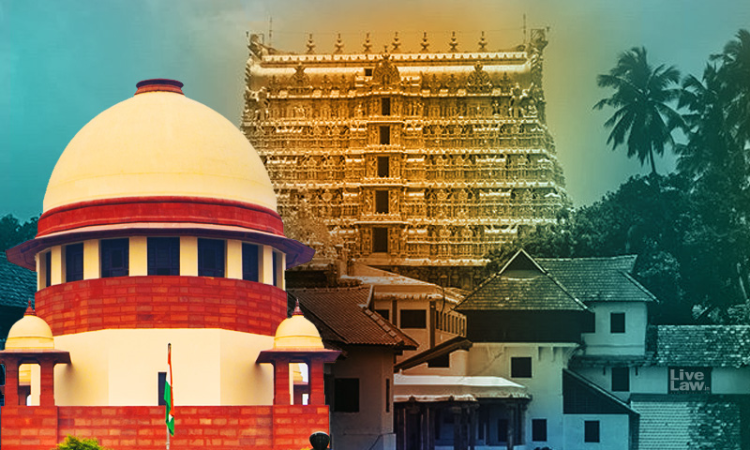- Home
- /
- Top Stories
- /
- Privy Purse Abolition And...
Privy Purse Abolition And Padmanabha Swamy Temple Judgment
Ashok Kini
17 July 2020 9:22 AM IST
The Supreme Court, in Sree Padmanabhaswamy Temple case, has dealt with the effect of the Constitution (Twenty Sixth Amendment) Act, 1971 - which abolished privy purses- on the term 'Ruler of Travancore' in proviso to Section 18(2) of TCHRI Act. The court held that the constitutional abolition, did not in any way impact or affect the administration of the Temple, Sri Pandaravaga properties...
Next Story



